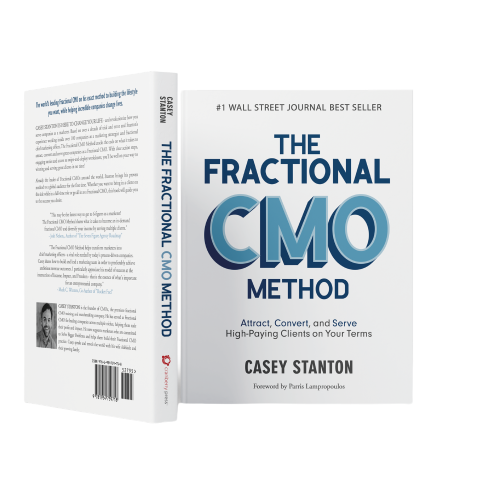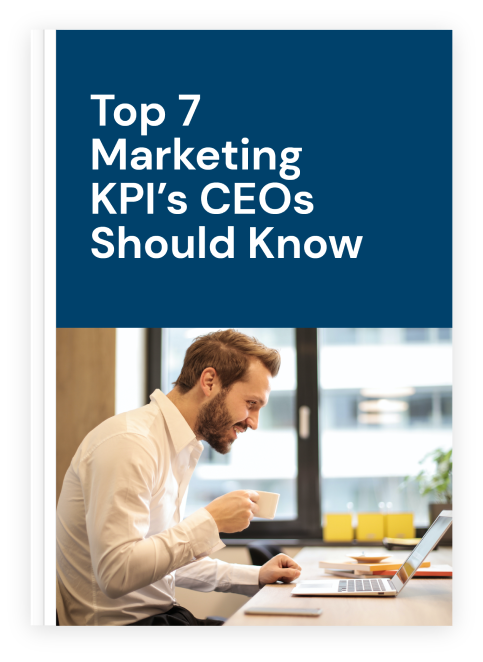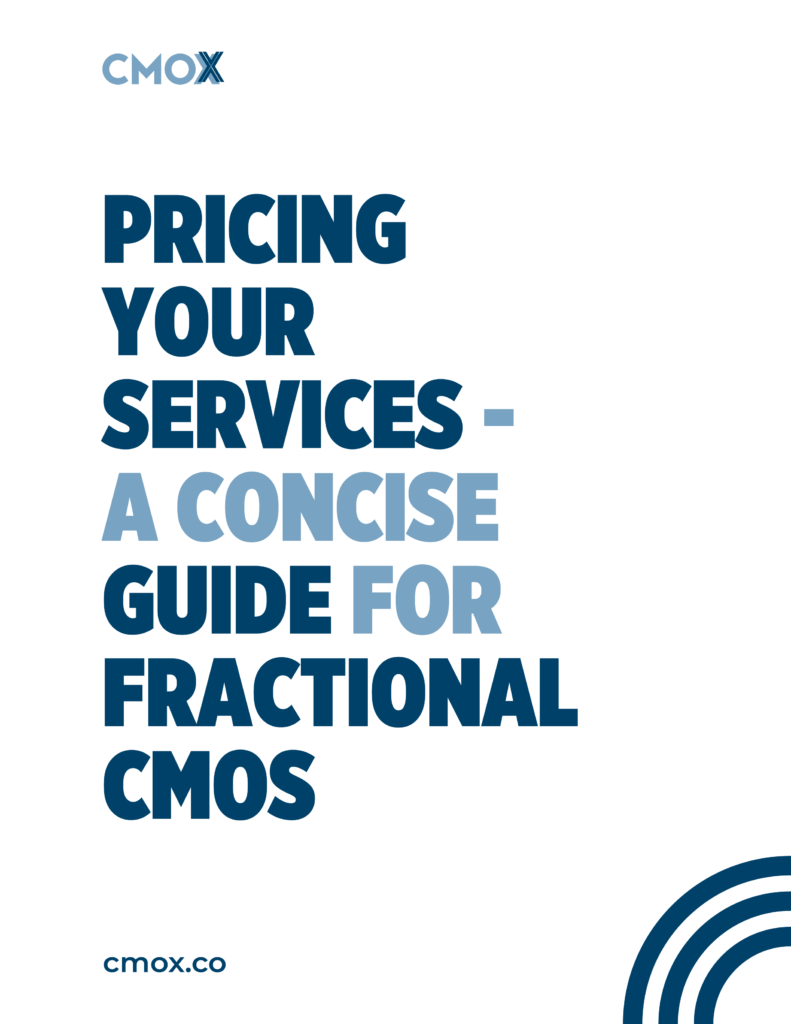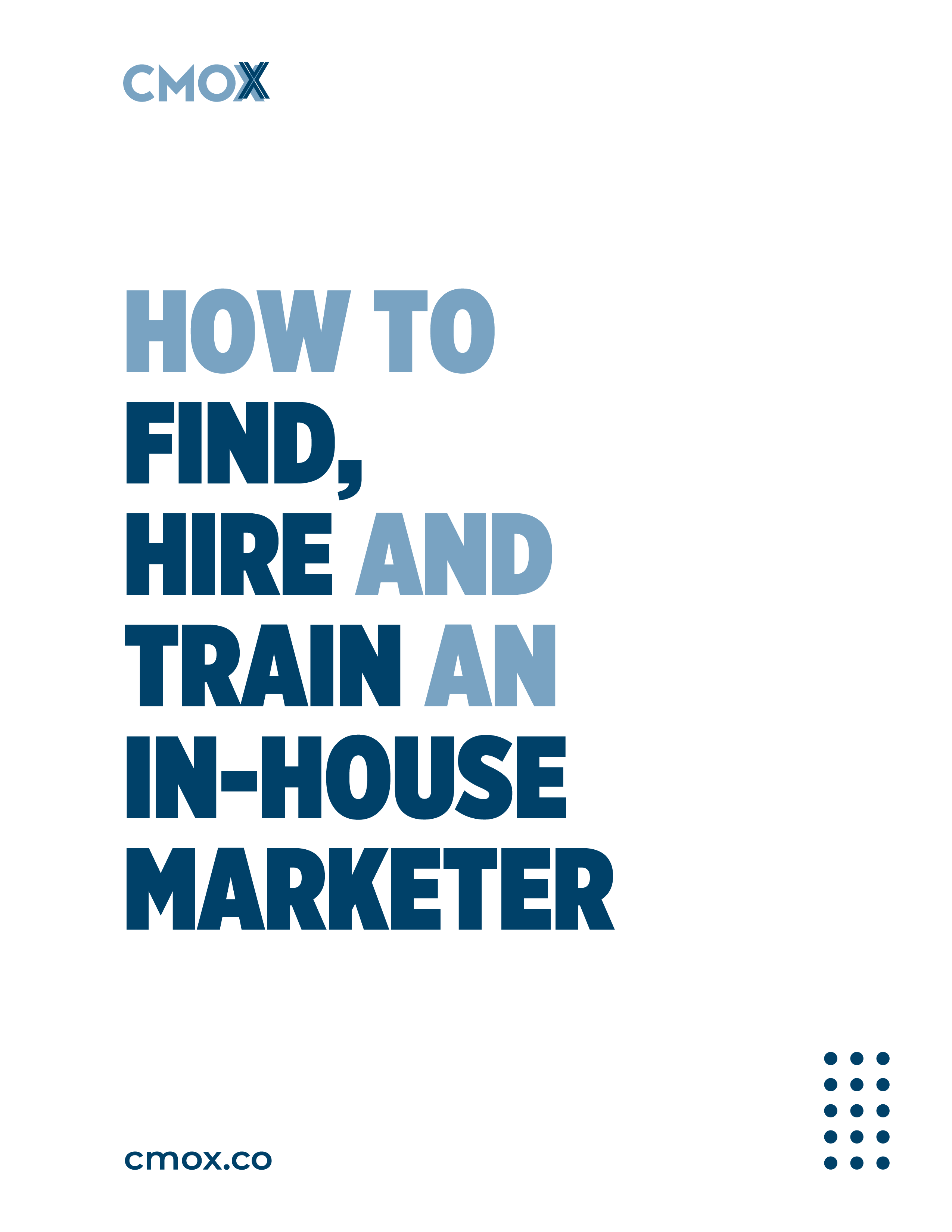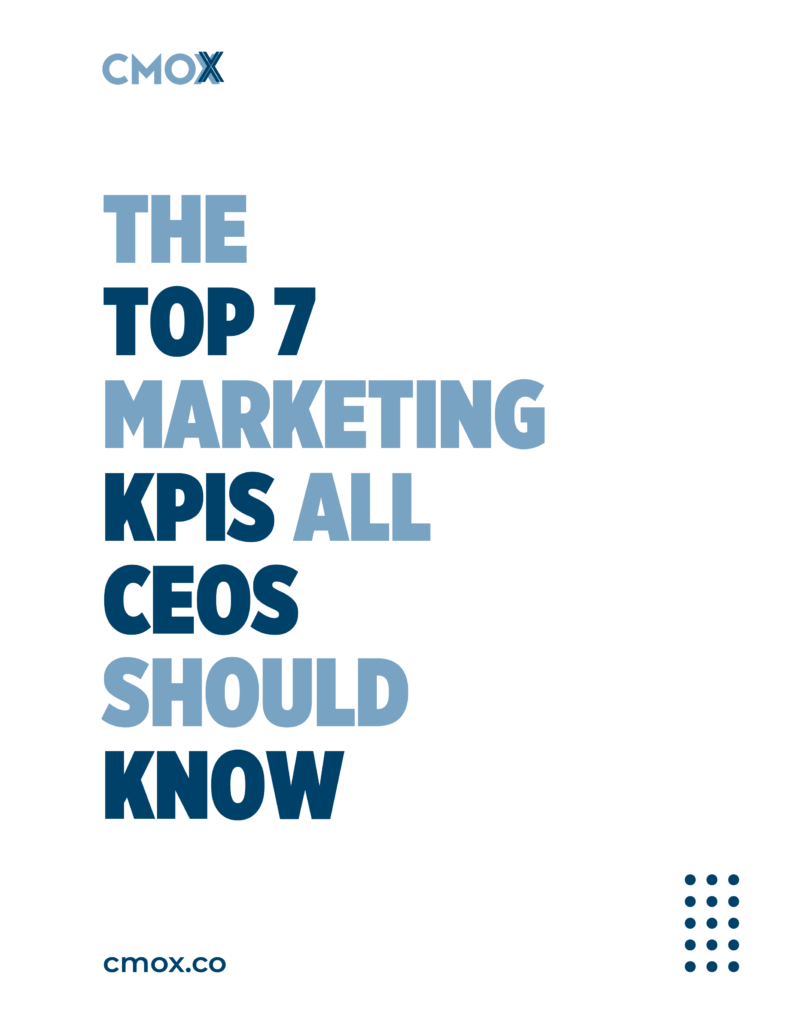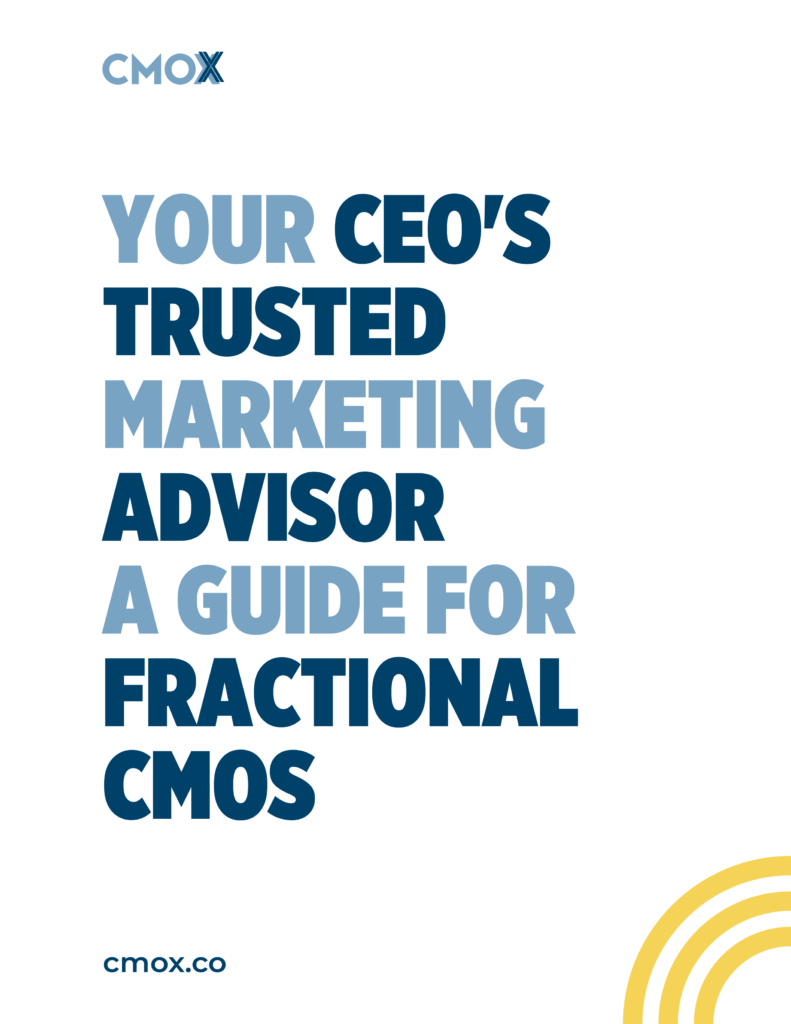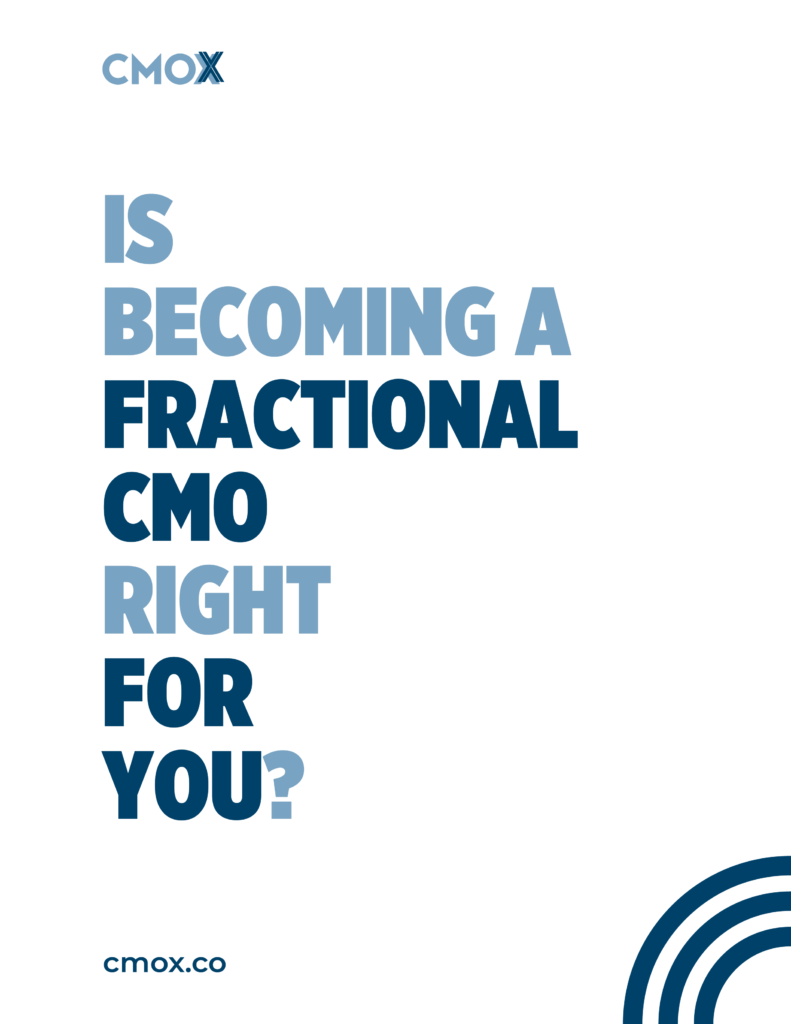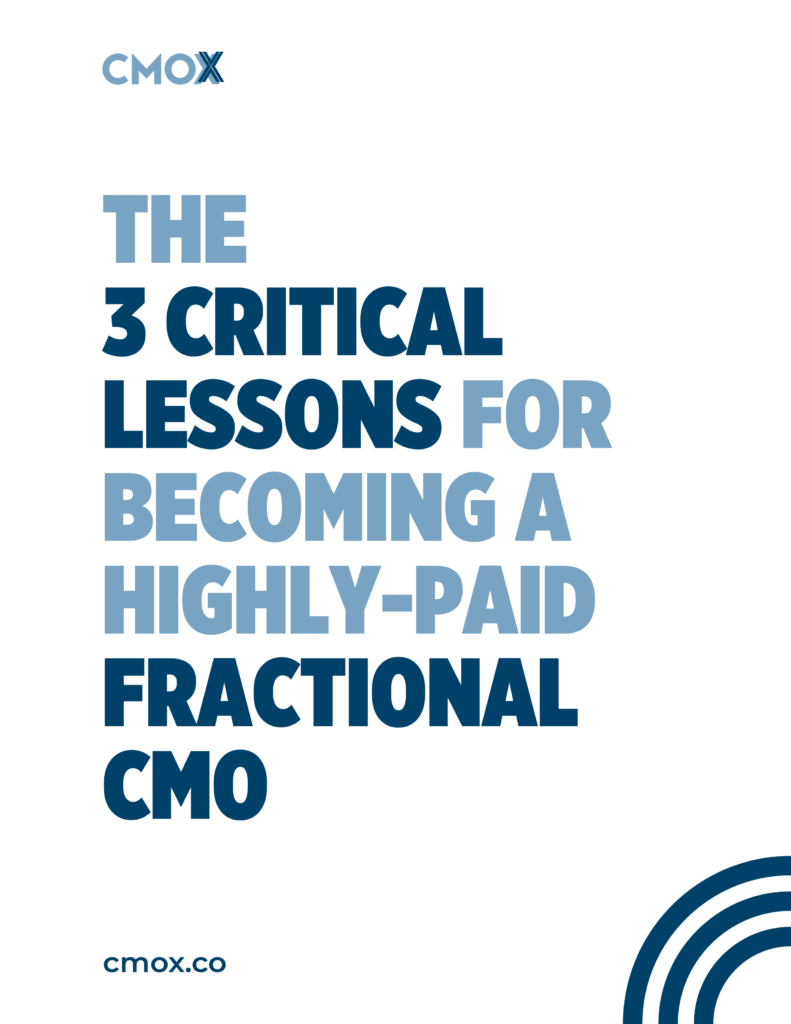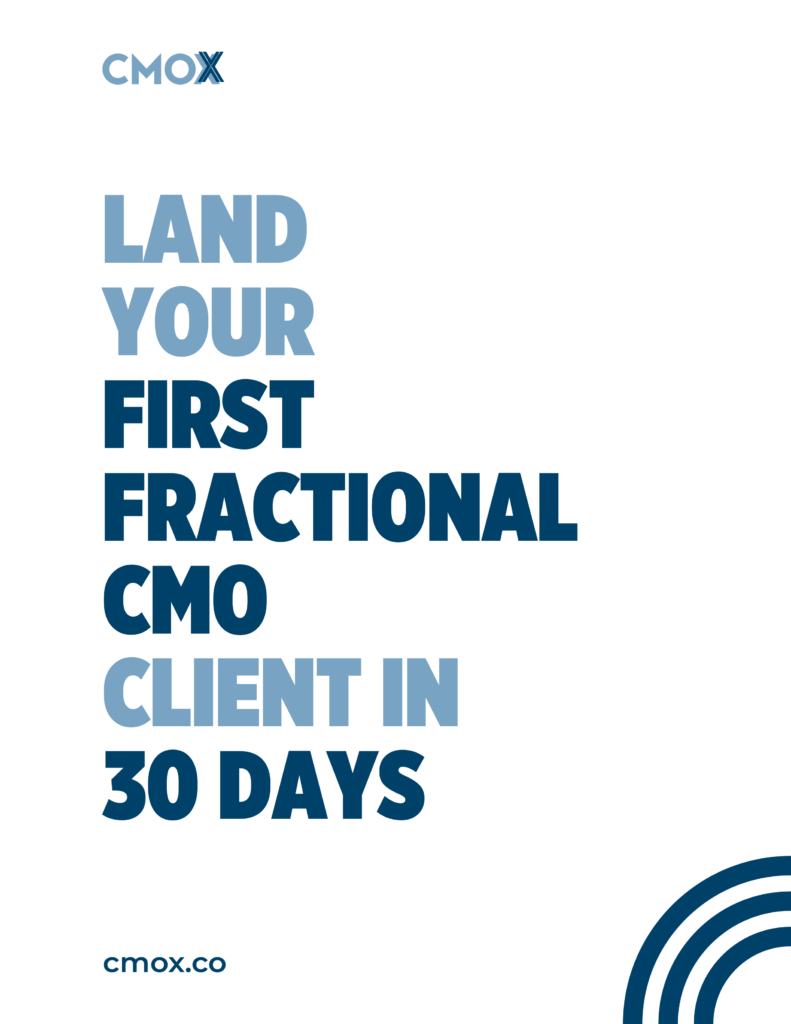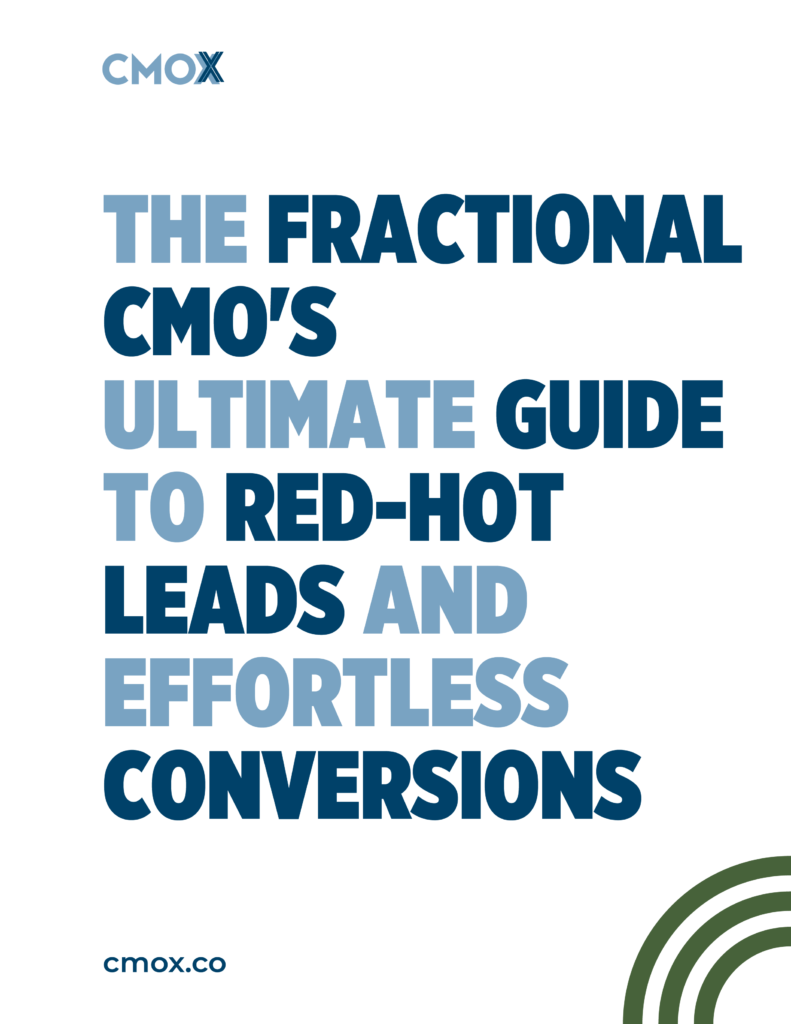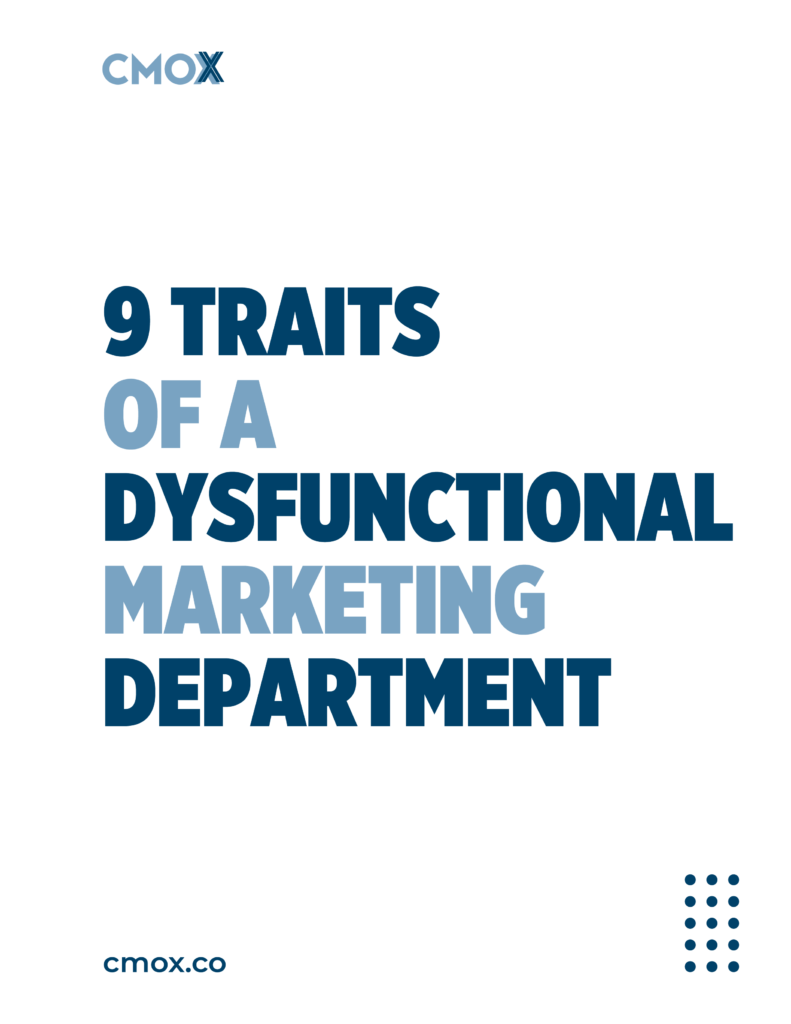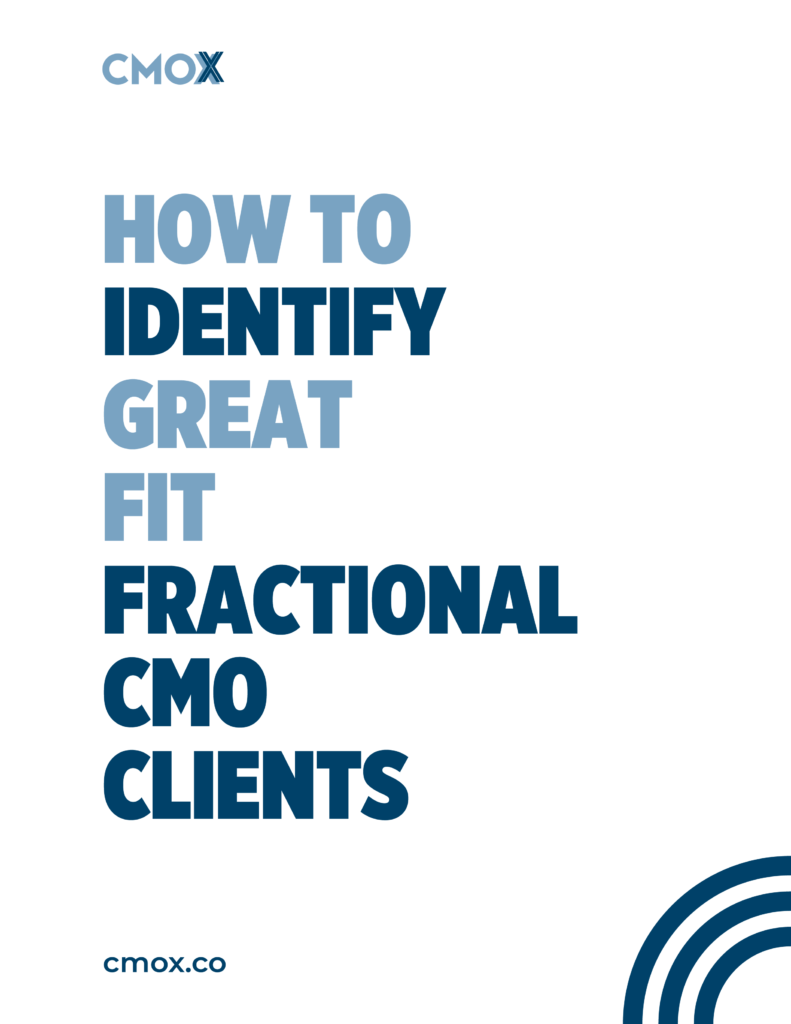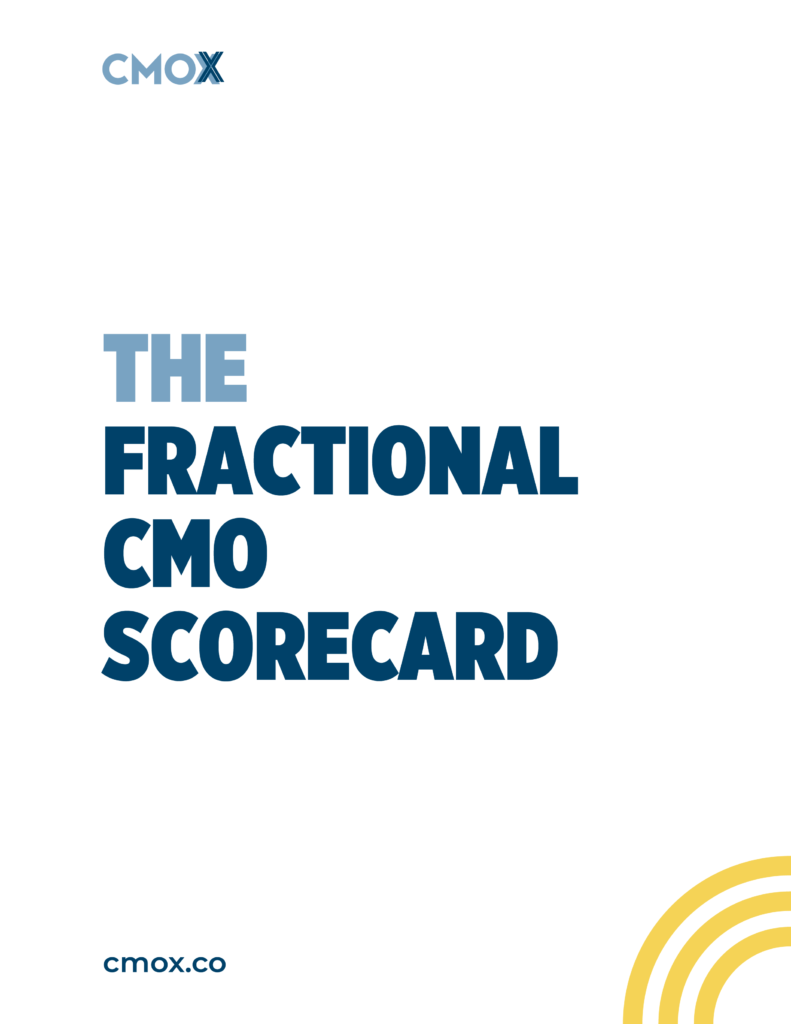Traditionally, marketing has not been the best way for private equity firms to generate new business.
In the past, private equity firms would rely on their connections and networks to get new customers and business. Whilst this is still a valuable method, private equity is not so “private” anymore.
More than ever, private equity firms are marketing. They are marketing using search engine optimization (SEO). They are remarketing their website visitors by reaching them on Facebook or other social media platforms. They are using email marketing more than ever to bring prospects into the conversation about new deals.
The best marketing strategies for private equity firms should include:
- Using High-intent Marketing Channels
- Knowing your ideal investor inside and out
- Using excellent content to generate authority
- Educating and engaging existing customers to increase their lifetime value.
What is Private Equity Marketing?
Private Equity Marketing is the methods of marketing used by private equity companies to generate new leads, new business, or other marketing goals. These marketing objectives will be used to get either new investors, new investments from current investors, or to close new deals.

Marketing channels and strategies used by private equity firms:
- Search Engine Optimization (SEO): Potential investors will often use search engines to find the PE firm that they want to work with. Reach them organically
- Search Engine Marketing (SEM): If you want fast results, you can reach your target market when they are looking for your service
- Email Marketing: Email marketing is a great way to keep your current customers and list of prospects engaged and informed
- Social Media: A great way to reengage with website visitors is to advertise to them through social
- Traditional Marketing: Often there is such a focus on digital marketing these days, that people overlook proven traditional methods, like direct mail or sponsorships.
In some cases, a fractional CMO comes in to lead an existing marketing team. The goal is to streamline the day-to-day operations of the team and to guide them toward self-set goals and company objectives.
Target Market: Who are Private Equity Firms looking for?
Individual investors or partners
The vast majority of marketing done by a private equity firm is looking for individual investors or general partners.
These individual investors or partners are individual people, generally speaking. Therefore, they can be spoken to on a personal level.
At CMOx, one of the first things we do with our clients is to create their customer avatars. This is the ideal client that they would love to work with.
By getting this right, the messaging from marketing materials becomes more specific. Therefore, it resonates better with the prospect.
Talking to the sales team is the best way to flesh this out as the salespeople of a business know their customers and prospects better than anyone else.
They know their wants and needs, their fears, what car they drive, what makes them tick. Everything.
The best digital marketing strategy for Private Equity Firms
Private equity marketing has its own unique challenges, but many of the core aspects of private equity marketing are seen in other industries, too.
Private Equity Marketing can be categorized into two parts:
- Identify and attract the right potential first-time investors
- Build authority, engage with current investors, keep the conversation alive and sell new deals
In order to identify and attract potential investors, your PE firm has to be where your potential customers are. You have to be standing there, with your offer, when they are browsing.
In order to engage with previous investors and get them to invest again, you have to do a good job, keep them engaged with content, and stay in their mind.

Identify and attract
This section explains how to identify and attract potential individual investors to your private equity firm.
Identify your ideal customers
Knowing who to reach out to is the first step of any marketing or sales strategy.
In order to have great success with your marketing messaging, you must shrink and specify who your audience is.
The more niche your audience, the more detailed your messaging can be. The more specific your messaging is, the better your audience will respond.
So that’s the first step: shrink and specify your audience.
Once you have done this you can create your Dream 100 List. The Dream 100 List is simply a list of real people or companies that you would most like to work with. By creating this list, you begin to understand better what it is that you are looking for with your clients. Such as their business behaviors, their level of liquidity, previous fundraising events they’ve been involved in, what valuations they typically work with, etc.
This list can be put together with the help of tools such as Apollo.io or Crunchbase.com to make sure you create the best list possible.
This is now a list that you can start a cold outbound marketing campaign with. Cold outbound is as it sounds, brutal and direct. However, as it is completely under the control of the person or company doing the outbound, it can be turned off at any moment.
This is why having a reliable and effective outbound strategy is so effective for any business. You can simply “turn it on,” like a tap when you need to drum up sales.
Main Takeaway: All Private Equity Firms should have a systematized, reliable, and effective cold outbound marketing and sales strategy.
Now that we have discussed how to IDENTIFY prospective investors, we need to know how to ATTRACT them, too.
Attract your prospective investors
In order to attract your prospects, your messaging needs to speak to them directly. Also, you need to be where they are.
Search Engine Marketing (SEM)
In order to attract more individual investors, private equity firms should use search engine marketing as it has the best quality prospects of any digital marketing channel.
No digital marketing channel has a higher level of intent than a search engine. Other marketing channels, such as social media advertising or TV advertising are interruption marketing.
The prospect does not want to see your ad. They did not choose to engage in a dialogue which is why often bad interruption marketing is characterized as ‘shouting’ at a prospect with a megaphone.
With search engine marketing, you can deliver an ad to a highly targeted audience at the moment they are looking for your service.
SEM often comes in the form of pay-per-click advertising, which is traditionally more expensive per impression than any form of interruption advertising. This is because the prospect is more valuable and therefore your competition is willing to pay more to deliver an ad.
You should be bidding for these customers, too.
Search Engine Optimization (SEO)
Search Engine Optimization can fall under the category of search engine marketing, but really it’s a whole different beast.
Your prospective customers are searching for you on Google and Bing, therefore it is important that you are there when they do so. You need to rank for all the keywords that are relevant to your niche, and you need to have good content once the prospect clicks through.
SEO is fundamental to so many businesses. It is a reliable source of leads and is slow to change. It is an investment into your business in which the rewards will continue for years to come.
Any private equity should include a comprehensive SEO strategy as part of its wider marketing strategy as SEO is often the most profitable, reliable, and sustainable means of lead generation.
Robert Collier once said, “The key to marketing is joining the conversation that is already happening in your prospect’s mind.”
We can actually take this further and say not just happening in the prospect’s head, but also in all the communities, groups, and channels that have anything to do with your niche.
If you want to attract customers. Customers need to trust you in some way. Customers will trust you when they believe you to be an authority on a topic that they are interested in.
This leads us onto the next part of a great private equity marketing strategy: build authority, engage with current investors and keep the conversation alive.
Build authority, re-engage, keep the conversation going
In order to be a part of the conversation that is going on in your prospect’s mind, you must become an authority on the topic with high-quality content.
Content marketing is a brilliant business model for venture capital and PE firms as it helps potential investors make their decision, using case studies, and do their due diligence on investment opportunities.
Build authority with great content marketing
Having good content links back to a means of attracting customers: SEO. If you have good content, you will attract more customers. Also, if you have good content, your existing customers will reengage with you and do more business with you.
Creating content can be risky as there is the chance that the content you make may become out of date or useless in a year or two.
In order to future-proof your content, you can write about the slow-to-change principles of your industry.
Slow-to-change principles could include:
- Human psychology
- Sales tactics
- Fundamentals of business
- Mathematics
- Ethics and values
Write about topics like those mentioned above. Writing about these topics should protect your content from becoming outdated as these principles stand the test of time.
Slow-to-change principles as topics can be quite broad so make sure to keep it relevant to private equity or more specifically to a topic within private equity.
Writing about slow-to-change principles is pragmatic in that it does not become out of date. It also shows wisdom and a broad understanding of the industry which helps promote your business as one of authority.
Re-engage your audience to continue the conversation
Improve investor relations by consistently and continuously providing value.
Educating your audience encourages them to further connect with you. In turn, helping you increase the lifetime value of your customer.
Educating your audience can look like a helpful email series. On topics such as :
- How to look at money differently
- Why debt isn’t a bad thing
- How to use big money to supercharge your business
- How other businesses have achieved great success from working with you.
The private equity market can be similar to the real estate market. The customer’s time to make a decision can be years, so the deal flow can be painfully slow. Therefore, the nurture sequence has to have this in mind.
A lead or prospect can be at the top of the funnel for years and then suddenly turns into a sale. Your marketing efforts need to reflect this. You need to nurture them for a long period of time.
This is also true with repeat customers. They may work with you again, but there could several years in between. So your content should cater to this fact to some degree.
Key Takeaway:
Understand that a lead or repeat customer may be years in the making. Your marketing and content should keep this in mind.
Conclusion
Private equity marketing requires patience and serious deliberation in order for it to be successful.
Private equity marketing is a long-term investment. This is because of the size of the deals and the value of a new investor.
The main takeaways of this article should be:
- Focus on high-intent marketing channels, i.e. search engine marketing
- Identify your ideal customers with great specificity
- Attract potential investors with great, authoritative content
- Constantly reengage your investors over years and educate them to inspire more business
When marketing for private equity firms, it is important to understand the value of an investor and how education through content can keep an investor engaged. The lifetime customer value of an investor is so much higher than in other industries.
This is why investment in marketing for PE firms is crucial and should be patient and thoughtful.
Schedule a Call
Ready to talk about how CMOx can help your company achieve maximum growth in minimum time? Click the button and schedule a call with our team.


